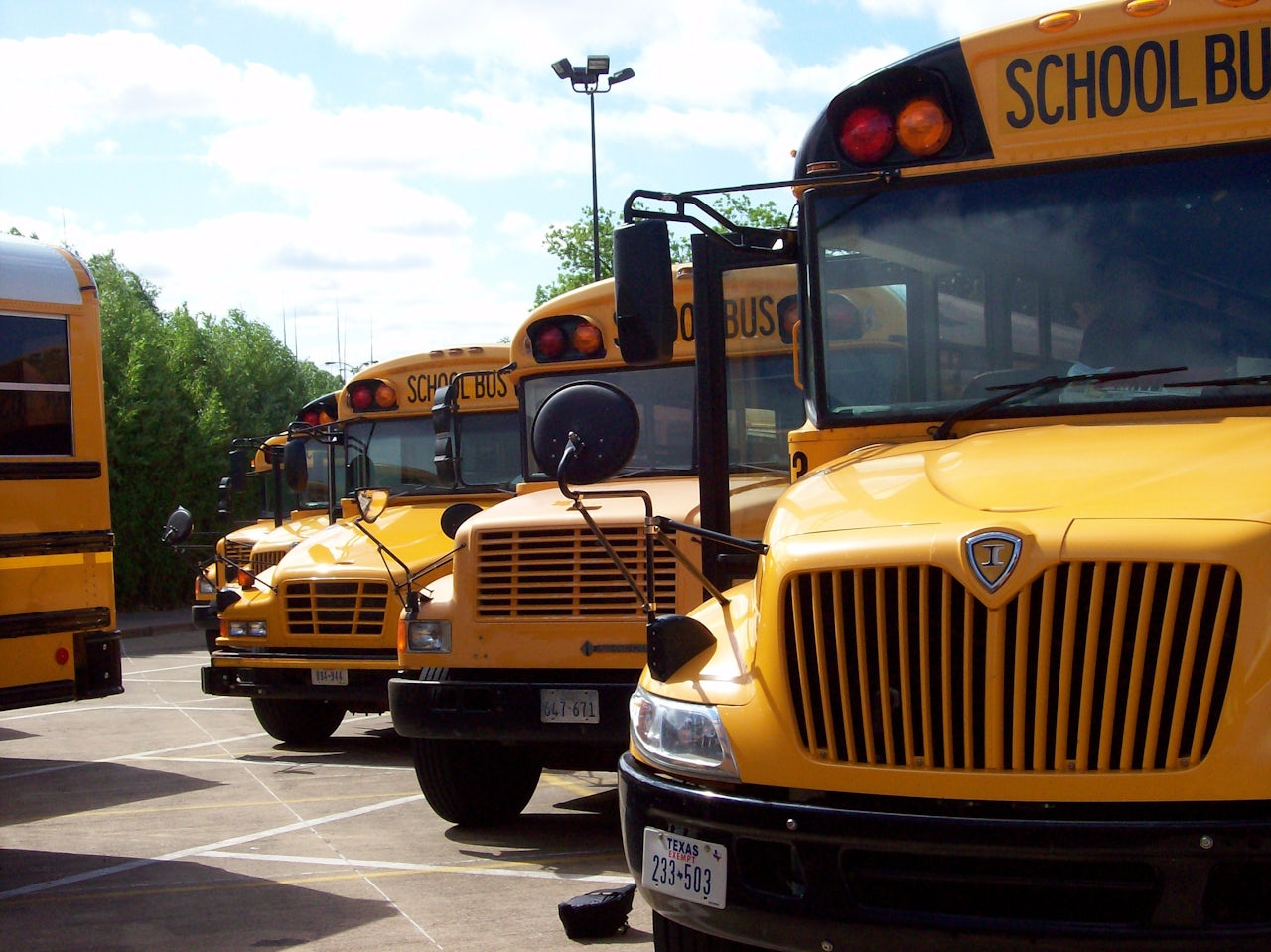Should school start later in the day? A new report that collated 18 previous studies on the effects of moving start times for US high school students found that there are a lot of benefits of doing so, and most of them are sleep-related.
Delaying the start of school days by just an hour or a bit more results in fewer car accidents, better behavioral health, less absenteeism, and less tardiness, the study’s authors concluded. The finding isn’t entirely unexpected. The CDC has also said that school starts too early. The American Academy of Pediatrics has recommended for several years that school for middle and high schoolers start no earlier than 8:30 a.m. And yet, a CDC survey released in 2015 found that more than 85 percent started before then, with 15 percent in session by 7:30 am.
Growing human beings need lots of sleep. The National Sleep Foundation recommends about 10 hours of sleep a night for teenagers, but according to most research, almost none are getting that. A recent estimate suggests that teenagers log about seven hours a night, meaning that they sleep about 18 hours less per week than they actually need. Though not getting enough sleep has health drawbacks for adults, the consequences are a lot steeper in childhood and adolescence.
Sleep is linked to brain development, cognitive functioning, appetite, and our sense of well-being, and though one night of poor sleep won’t have a lasting effect, sleeping too little as a matter of course does. A growing body of research suggests that consistent, earlier, parent-set bedtimes benefit many aspects of children and teenagers’ physical, mental, and emotional well-being. Not sleeping enough has a relationship to obesity, and it’s been linked to more frequent illness, traffic accidents, acting up in school, poor academics. And lack of sleep is often related to depression and suicidal behavior.
Early start times are also a huge economic strain and burden on families, since many parents don’t begin working until 9 am. The fact that parents and their kids have different schedules five days a week makes sense to well, pretty much no one. Research has suggested that later start times result in more sleep, less tardiness, and less self-reported sleepiness.
The primary reason school starts so early is cost: busses in most school districts take elementary, middle, and high school kids back and forth to school, so in order to make the most effective use of the same busses, someone has to go to school pretty early. The cost-saving measure was implemented in most schools in the US during the 1970s and 80s. Before that, kids mostly went to school beginning around 9 am. But a report by the Brookings Institute found that while changing high school times did result in an additional cost of up to $1,950 per student per year, it also could mean a lifetime earnings gain of around $17,500 per student, pegging, they wrote, the “benefit / cost analysis at nine to one.”
The problem is clear, and the solutions, though costly in the short run, are pretty clear too. Though there has been a small movement since the 1990s to move school times back, nothing large scale has happened yet. The evidence can continue to pile up, or adults can finally do the right thing and just let teenagers sleep later.
